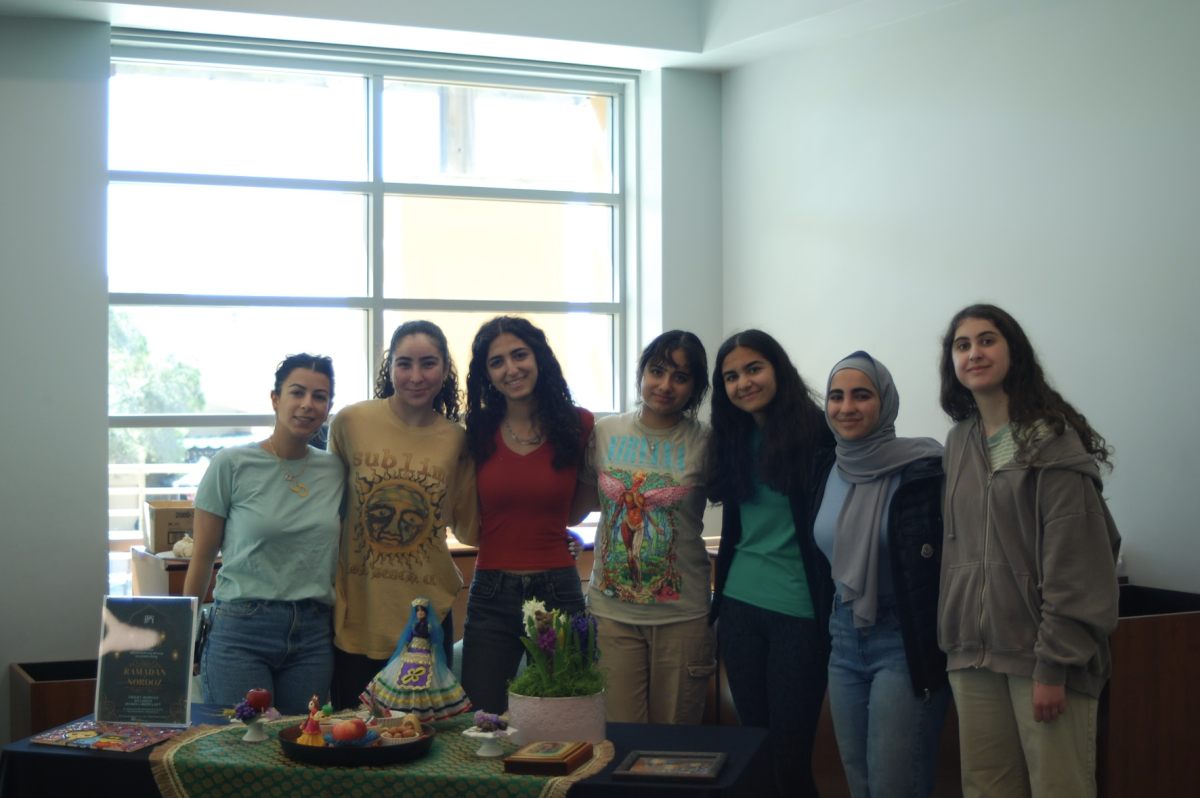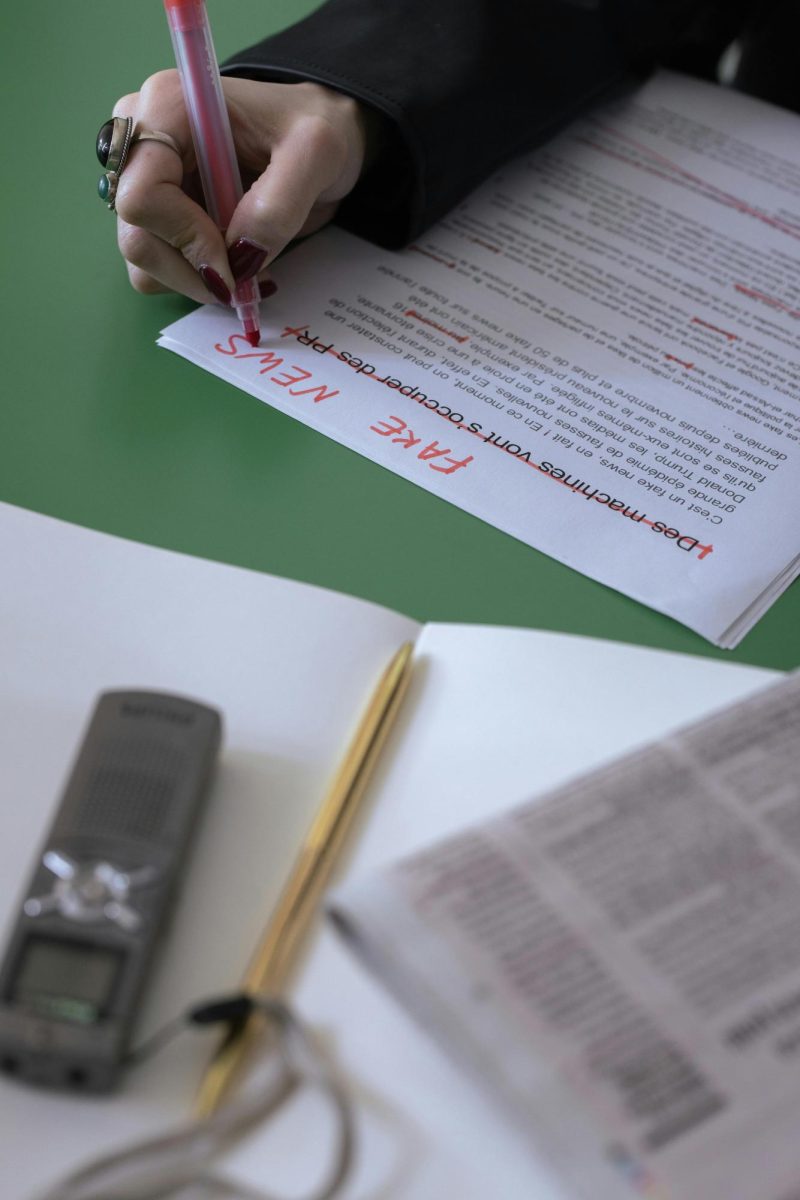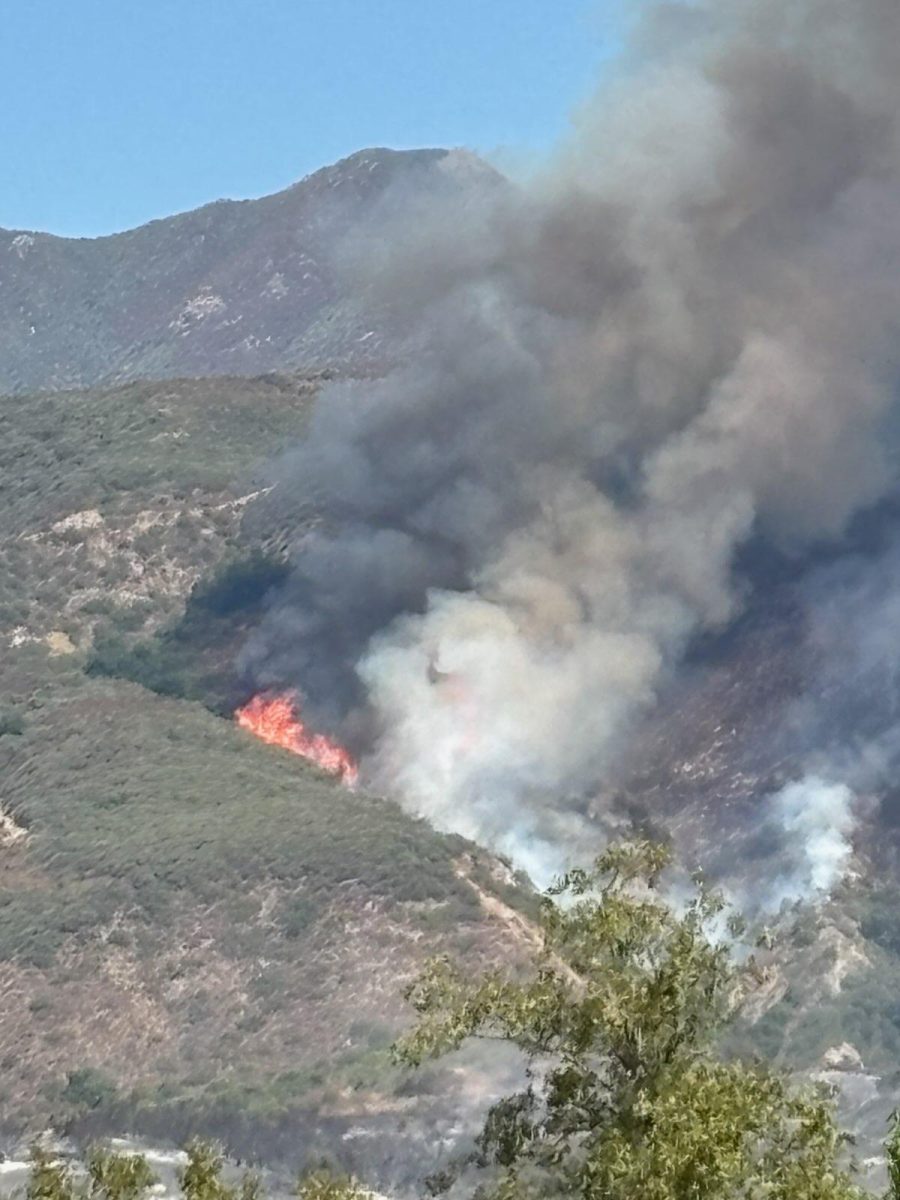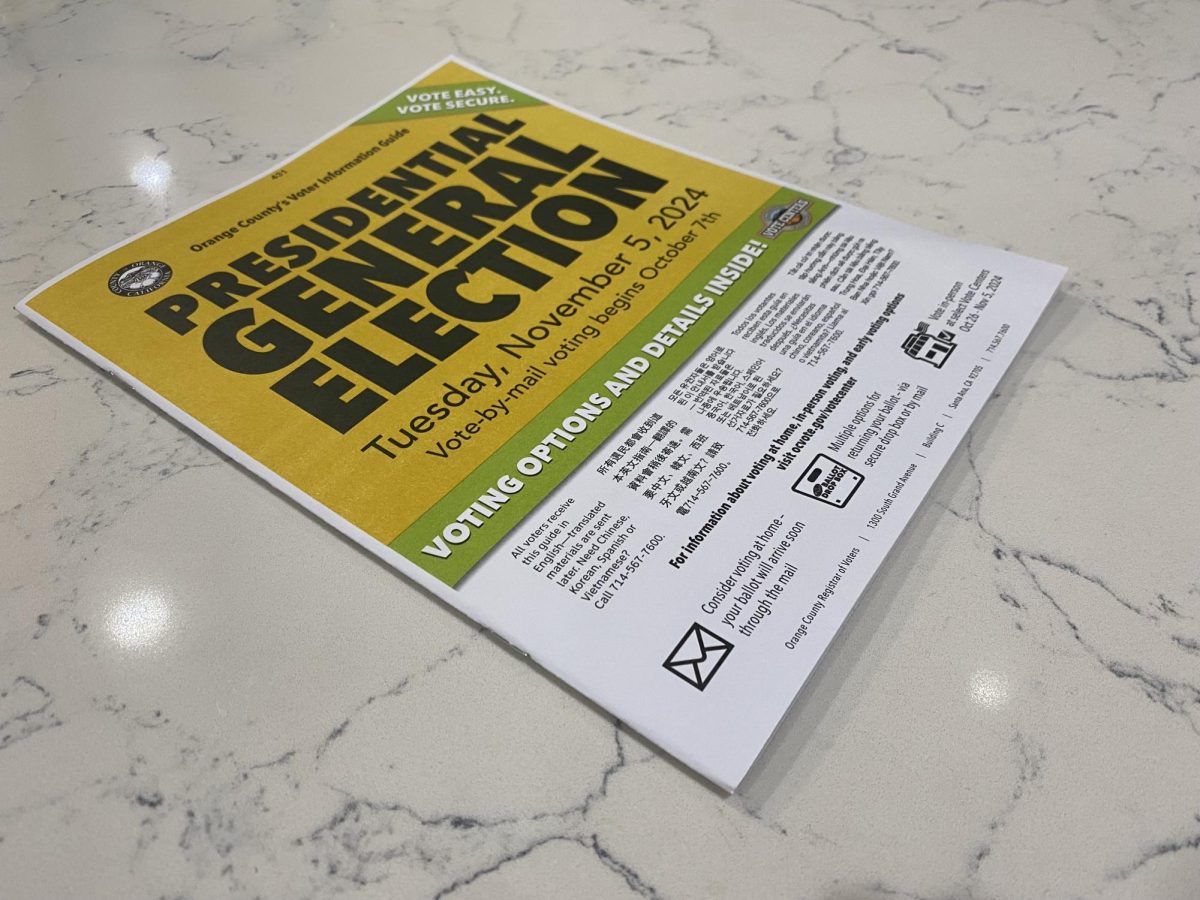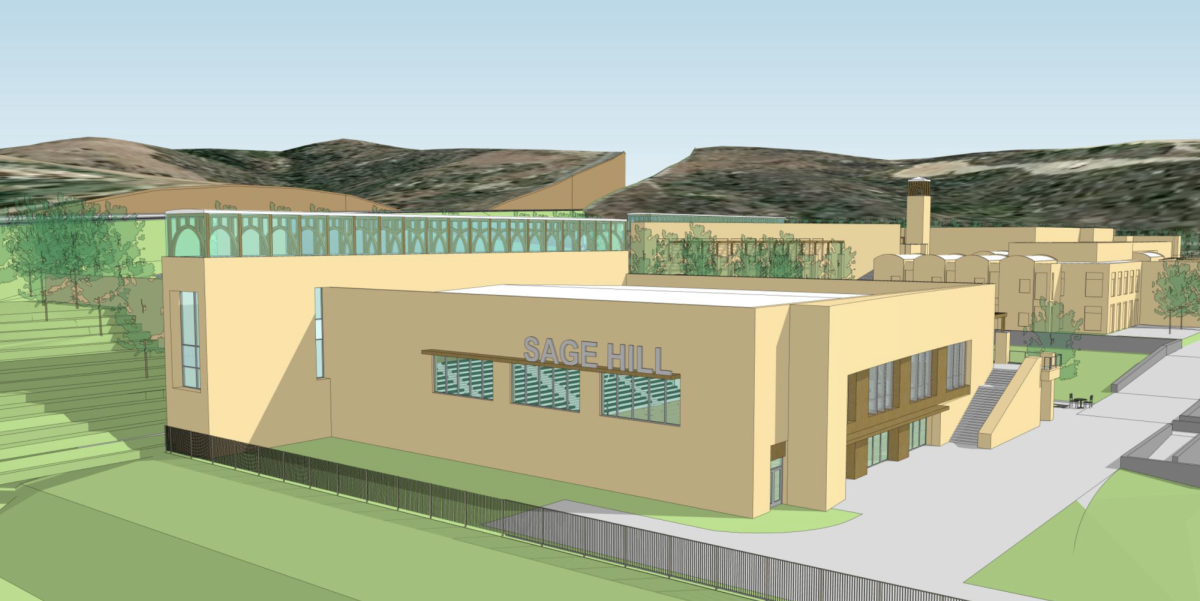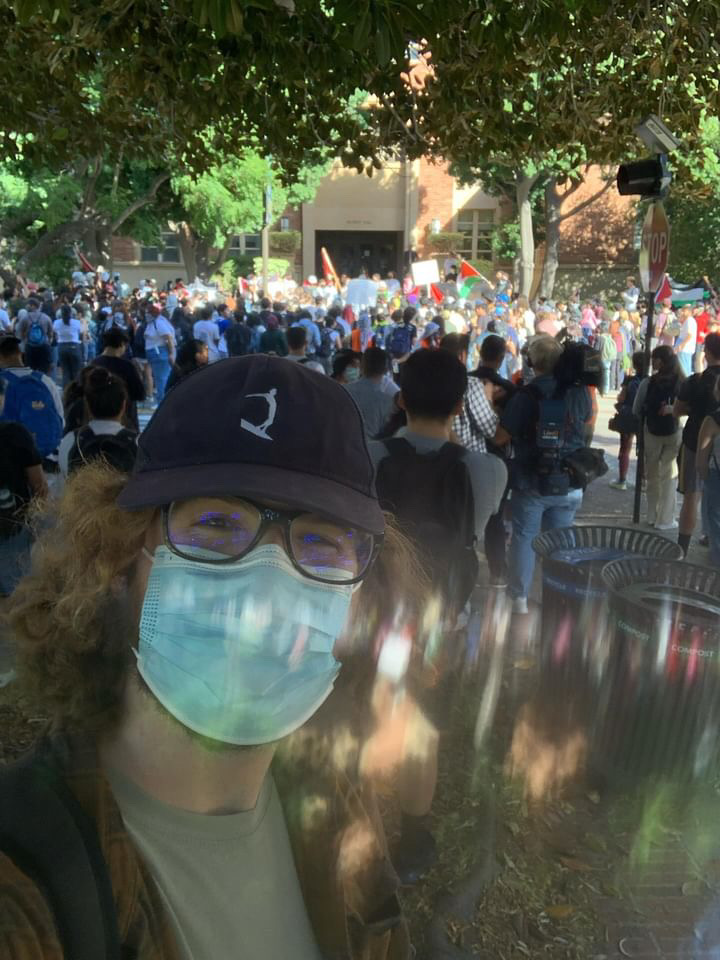In celebration of The Middle Eastern-North African (MENA) Affinity Group hosted a potluck for students in a joint celebration of the Persian New Year, Nowruz, and the start of the Islamic holiday Ramadan.
MENA affinity group members shared a short presentation on the significance of both holidays in front of a “haft-seen,” a traditional Persian set up for New Year. Students were also invited to enjoy Shawarma, a type of wrap traditionally made with lamb or mutton that originated in the Middle East. During the celebration, MENA members also introduced students to Backgammon, a popular board game that originated in Persia and is still popular in the region.
Nowruz, or Farsi for “New Day”, is a traditional festival celebrating the Persian New Year and marks the beginning of spring. The holiday is celebrated in countries with significant Persian influence, including Afghanistan, Iran, Turkey, and others, with celebrations lasting for 13 days. This year, Nowruz will fall on March 19th.
“It’s very normal for all observing this holiday to enjoy nature and the beautiful weather, along with some household traditions like the haft-seen,” senior and MENA member Tatiana Malekzadeh said. “My family has a big gathering, or ‘mehmooni’ in Farsi, on the day to give gifts and eat some delicious food, such as rice, Kabob, Tadig, and Khoresht.”
Ramadan is the ninth month of the Islamic calendar and involves a month of fasting, prayer, reflection, and community. Muslims believe that this is the month when the Prophet Muhammad was given the Quran, the religious text of Islam, and the duty to carry God’s message. This year, Ramadan will started at dawn on March 11 and end April 10.
“In Islam, taking care of the poor is an essential part of the religion, and fasting allows us to understand what it’s like to be hungry,” Junior and MENA member Aava Ghorbanian said. “People also fast to show devotion to the religion and build up strength and discipline.”
When asked about the purpose of this year’s MENA celebration, Ghorbanian said, “A lot of students aren’t aware of the celebrations of other cultures or the significance of these holidays. We wanted to bring our culture to the Sage community and share it with others.”


